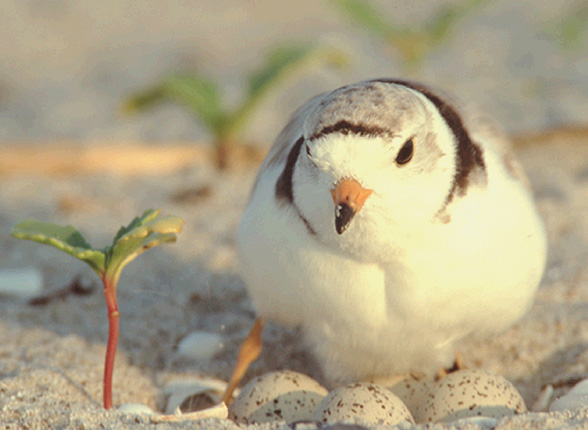Coastal Ecosystem of India: A Biodiversity Hotspot
Introduction
A coastal plain is a low-lying and flat land that is adjacent to the sea coast. India boasts a vast coastal ecosystem spread over nine coastal states: West Bengal, Odisha, Andhra Pradesh, Tamil Nadu, Puducherry, Kerala, Karnataka, Goa, and Gujarat.
Biodiversity
The Indian coastal ecosystem is exceptionally rich in biodiversity. It harbors over 11,000 faunal species, including 10,400 invertebrates and 625 vertebrates, as well as over 800 floral species, including 624 algae, 50 mangroves, and 32 seagrasses.
Physical Conditions
India's coastal ecosystem is influenced by a diverse range of climate and physical conditions. It includes a variety of habitats, such as sandy beaches, rocky shores, estuaries, lagoons, and mangrove forests, which support a wide array of organisms.
Extrapolation of Diversity
Based on the ratio of the length of India's coastline (6500 km) to that of the world coastline, it is estimated that India's coastal ecosystem contributes a significant proportion to global coastal biodiversity.
Biogeography
The study of the distribution of species and ecosystems in coastal areas is known as biogeography. In India, the coastal ecosystem exhibits distinct biogeographic patterns, with different species and habitats found in different regions.


تعليقات